
Frequent Shake-ups in Xi Jinping’s Inner Circle Reflect Power Struggles Within the CCP
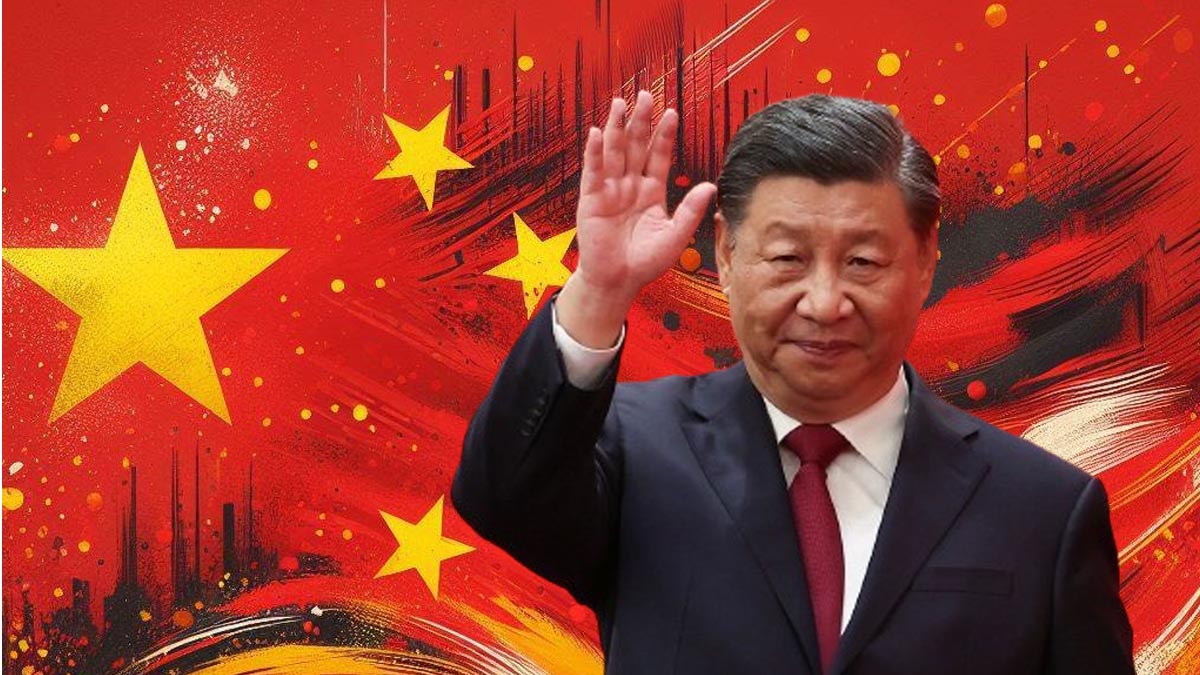
In recent weeks, a series of personnel changes among Xi Jinping’s key allies has raised speculation about internal power struggles within the Chinese Communist Party (CCP). Analysts suggest these shifts indicate a careful balancing act by top officials aimed at addressing dissatisfaction with Xi’s governance.
Between late September and early October, at least three of Xi’s close confidants, including a military disciplinary official, were removed from key positions or placed under investigation. The changes come amid growing challenges for Xi, from China’s sluggish economy to strained relations with the West.
Internal Dissatisfaction and Economic Strain
Xi’s policies, such as the severe COVID-19 lockdowns, crackdowns on private enterprises, and assertive “wolf-warrior” diplomacy, have drawn criticism for damaging China’s economic environment and its international standing. As China faces economic difficulties, including a downturn that weakens one of the CCP’s central claims to legitimacy—economic growth—factions within the Party have felt the impact.
According to experts, internal dissatisfaction has also grown due to reduced profits in sectors historically controlled by rival factions. In response, some Party elders have reportedly played a role in negotiating compromises to ensure the CCP’s stability.
The Role of Party Elders
On September 30, two former leaders, Wen Jiabao and Li Ruihuan, sat prominently beside Xi at a high-level CCP event marking the 75th anniversary of the founding of communist China. Xi’s public acknowledgment of the “past leaders of the older generation” sparked widespread speculation among political observers.
Wang He, a political commentator, suggests that Xi is seeking support from Party elders to navigate mounting political challenges. According to Wang, the last time Xi expressed similar gratitude was in 2014, when he was consolidating power and tackling the faction led by the late Jiang Zemin. Back then, Xi relied on support from senior Party figures to arrest Jiang’s ally, Zhou Yongkang, the former security chief.
Now, Xi finds himself in a similarly precarious position. “The economy is struggling, and Xi has no clear solution. As a result, he needs the help of the Party patriarchs,” Wang explained.
Some of these elders, however, may be dissatisfied with Xi’s authoritarian leadership and left-leaning policies, which have alienated powerful political families controlling state assets. Their prominence at key events could signal a shift toward power-sharing within the Party’s elite.
Cracks in Xi’s Control
Notably, all the recent personnel changes within Xi’s faction involved officials under 65, the typical peak of political careers in China. One such figure, Chen Guoqiang, a key military disciplinary supervisor, was reassigned to a less influential role at the National University of Defense Technology. Chen had played a significant role in Xi’s anti-corruption campaign, which targeted political rivals within the military.
Political analysts see this move as a demotion, suggesting that it may be a response from factions opposing Xi. U.S.-based commentator Chen Pokong noted that Chen’s reassignment reflects growing challenges to Xi’s grip on power, particularly within the military ranks, where several high-profile officials have been removed in recent months.
The ripple effects of this power struggle extend beyond the military. In the business sector, China Unicom’s deputy general manager, Cao Xingxin, was placed under investigation on September 28. China Unicom has long been a target of Xi’s purges due to its connections with Jiang Mianheng, son of former CCP leader Jiang Zemin. Cao’s investigation adds to a growing list of officials from the telecommunications industry who have been removed or investigated under Xi’s leadership.
Political Instability Looms
Rumors have circulated since the Third Plenary Session of the CCP’s 20th Central Committee in July, suggesting that Xi may be facing health issues, including speculation of a stroke. Whether or not these rumors hold weight, analysts suggest that Xi’s opponents may see this as an opportunity to weaken his control by removing key allies.
Wang He believes the internal power struggle has reached a point where political instability could arise at any moment. “The ruling party is facing two existential crises—Xi’s leadership and the survival of the CCP itself,” Wang said, adding that both issues are difficult to resolve.
As the CCP navigates these turbulent times, the frequent removal of Xi’s confidants underscores the broader struggles at play within China’s political landscape. Analysts warn that the CCP’s leadership will need to make further compromises to preserve the Party’s rule and prevent sudden shifts in power.
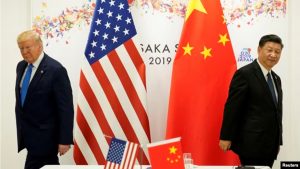

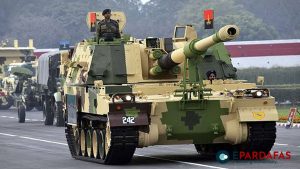


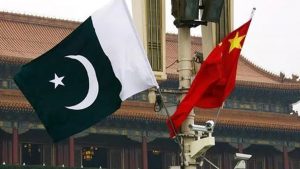



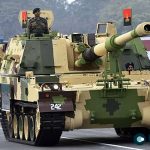


Comments